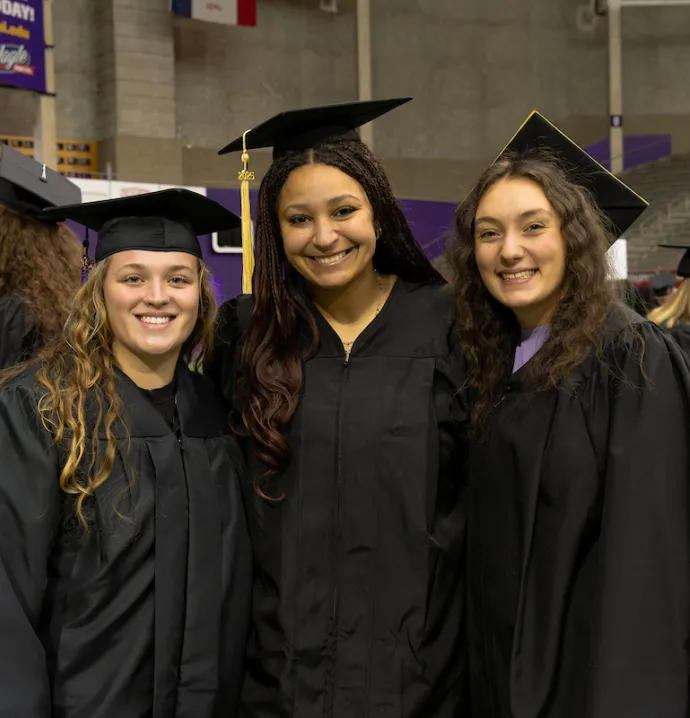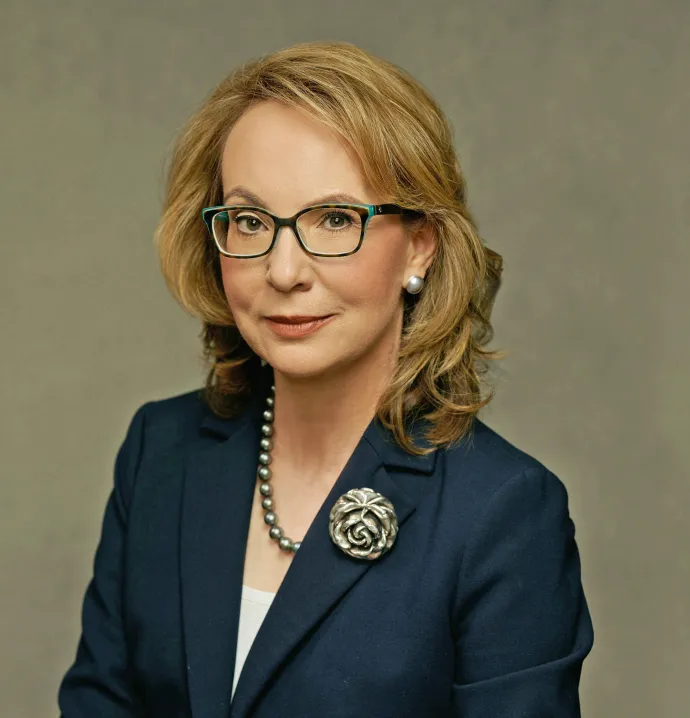Next generation learning
Next generation learning
The UNI Department of Communication Sciences and Disorders has welcomed a new addition to their department: baby “Paul.”
Weighing just under two and a half pounds, “Paul” is a preterm infant born at 27 weeks. He has a pulse, real hair, and can breathe and cry.
Paul is not a real infant, though, but rather a top-of-the-line high emotion simulator that students in the department will soon begin using for classwork.
Thanks to a $85,000 grant from the Roy J. Carver Charitable Trust Fund, the UNI Department of Communication Sciences and Disorders is now the first speech-language pathology department in the nation to use the Paul Simulator, according to the manufacturer. As part of this same grant, the department also received two N-Trainer Systems, a high-tech system used to teach swallowing and feeding patterns to preterm infants.
Laura Pitts, associate professor in the department, says this new equipment will help students gain hands-on experience in a safe and controlled environment.
“Speech-language pathologists are critical providers for vulnerable populations, such as preterm infants and older adults with neurogenic disorders like Parkinson’s, stroke, and Alzheimers,” she said. “SLPs treat the negative and potentially life-threatening consequences of swallowing and communication disorders, which is why it’s important for our students to gain hands-on experience in these treatment areas.”
Pitts says the COVID-19 pandemic has made it challenging to give students clinical experience working with real patients, as many of the procedures they perform are considered to be of high-risk for transmission.
“Luckily, advances in simulated training allow us to give our students hands-on clinical training prior to their direct experiences with patients,” she said. “Now, they can use Paul for simulated endoscopic evaluations, and they can use our new N-Trainer System to practice administering feeding therapies to even the smallest of patients.”
Pitts added that being able to use top-of-the-line equipment is a huge boost for students as they enter the workforce.
“This type of equipment is really specialized, so the fact that our students get to use this at the undergraduate or graduate level makes them highly marketable,” she said. “These are realistic experiences that not only build critical thinking skills, but also gives students practical knowledge, builds their confidence, and teaches empathy; they truly are better clinicians for it.”
Jaden Rausch, a graduate student in the department, says she has a special interest in treatments for pediatric swallowing and feeding disorders, and that having access to this equipment has been especially beneficial for her.
“Due to this technology being so new, not many schools have it available for students to use, so it’s pretty unique to be able to use this technology,” she said. “By having this knowledge, I’m better able to advocate for infants in order to provide them the best possible treatment. The fact that we get to use this equipment really shows the dedication by UNI faculty and staff to give their students as much knowledge and real-world experience as possible.”




